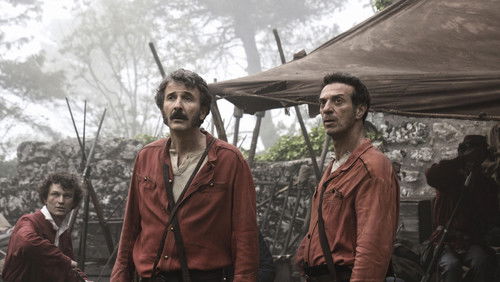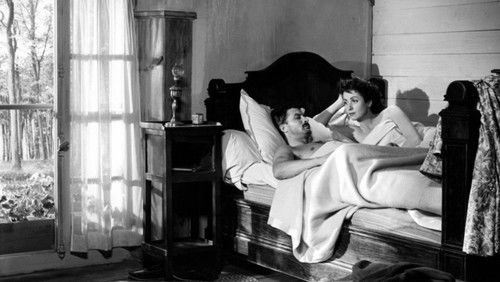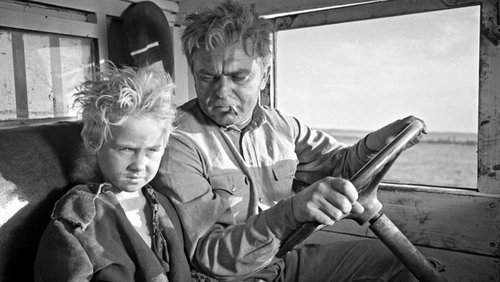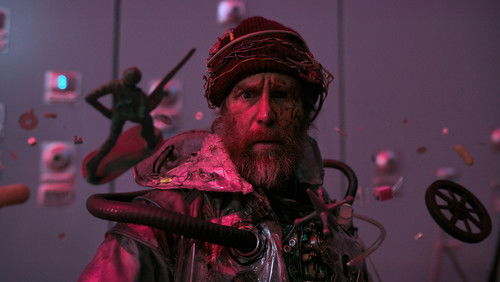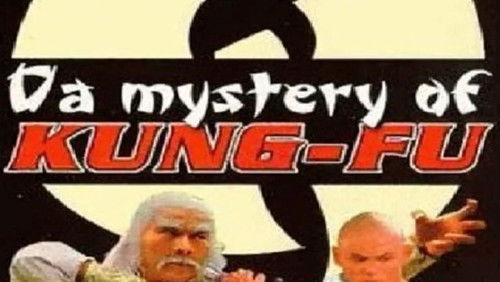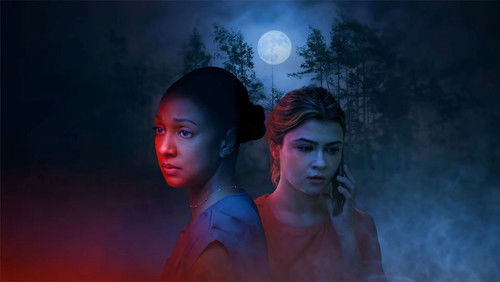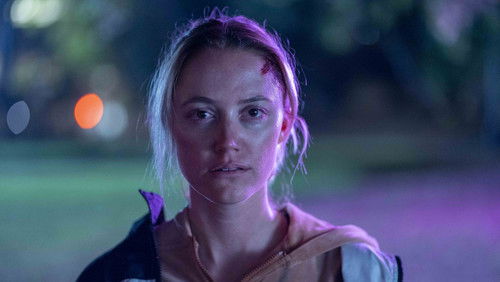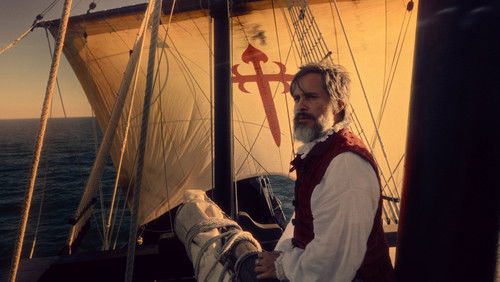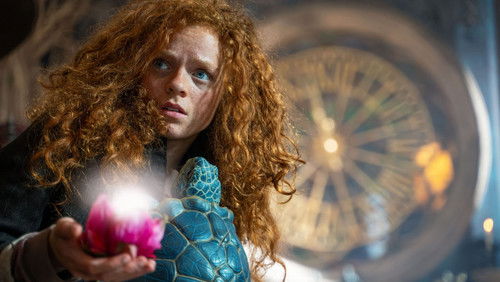Feng zai qi shi (2022)
48KFeng zai qi shi (2022). 2h 24m
“Where the Wind Blows is a big-budgeted arthouse crime epic that is a love letter to Hong Kong and its history. Aaron Kwok and Tony Leung deliver charismatic performances as Lui Lok and Lam Kong, two of the four corrupt police commissioners in Hong Kong, spanning from the 1940s to the 1990s. Itu0026#39;s an ambitious film with a big gushing heart and has much to say about Hong Kong but struggles with conveying it all succinctly.u003cbr/u003eu003cbr/u003eThrough a romantic nostalgic lens, director Phillip Yung directs the film like a set of glossy nostalgic postcards, featuring snapshots of Hong Kong in each decade, from the Japanese occupation to poverty to its stability and eventual flourish. The production design, costumes, and music exquisitely pop off the screen.u003cbr/u003eu003cbr/u003eStructured like a kaleidoscopic collage, the story follows the Lui Lok and Lam Kong characters through the historical timeline, covering history, politics, and the romantic relationships with their wives. It is epic through its 50-year span and intimate through its use of voice-overs and flashbacks.u003cbr/u003eu003cbr/u003eIt reminded me of Martin Scorseseu0026#39;s Casino at times, where we intimately live inside the charactersu0026#39; heads, privy to their innermost thoughts.u003cbr/u003eu003cbr/u003eAaron Kwok does a great job reimagining Lui Lok as a straight-faced, tap-dancing romantic hero with an insatiable drive. Kwok naturally projects an eagerness, which he precisely tones down to fit Phillip Yungu0026#39;s idealistic vision. The real Lui Lok was likely closer to Francis Ngu0026#39;s rough-hewn portrayal from Once Upon a Time in Hong Kong.u003cbr/u003eu003cbr/u003eTony Leung is charming and understated as the debonair piano-playing Lam Kong. His character is often off-the-side and soft-spoken, but it was impressive how much Leung was still conveying from doing so little. Phillip Yung devotes a lot of screen time to developing Lui Lok and Lam Kong; the contrast is what hooked me throughout the whole movie.u003cbr/u003eu003cbr/u003eWhile I enjoyed Du Juanu0026#39;s performance as Choi Chan, Lui Loku0026#39;s wife, the subplot about her helping him behind the scenes undermines what the real-life Lui Lok achieved by systemizing bribery in the 60s.u003cbr/u003eu003cbr/u003eThereu0026#39;s a lot of praise behind comedian Michael Huiu0026#39;s role as an ICAC agent. The performance is not bad but I was more moved by the speech itself. My take is Hong Kong audiences just miss seeing Hui onscreen.u003cbr/u003eu003cbr/u003eAll that said, Where the Wind Blows is convoluted and overloaded. At 2 hours and 44 minutes, even with fast-paced editing, thereu0026#39;s too much information to take in. Thereu0026#39;s a crucial plot point where the four police commissioners have a disagreement that is murky and unclear. Plot threads are connected in ways that are unexpected and it gets challenging keeping up with them all.u003cbr/u003eu003cbr/u003eAudiences going in with the expectations of a linear traditional crime epic will leave disappointed by a lack of guns blazing in the finale. Itu0026#39;s not the Godfather, nor is it Infernal Affairs.u003cbr/u003eu003cbr/u003eThis is Phillip Yung paying a loving tribute to Hong Kong and its history, as if to say, u0026quot;Look how far weu0026#39;ve come.u0026quot; That Hong Kong sentiment is heartfelt. I enjoyed being in Phillip Yungu0026#39;s Hong Kong as a romanticized memory. Yung is not showing how events happened, but rather how weu0026#39;d ideally remember it as a collective dream.u003cbr/u003eu003cbr/u003eWhere the Wind Blows requires a second viewing. Thereu0026#39;s still so much to unpack and it was a dense history lesson. The film will have a better chance of finding its audience through streaming where it has the benefit of being paused, rewound, and rewatched. I suspect Iu0026#39;ll like it, even more, the second time.”

